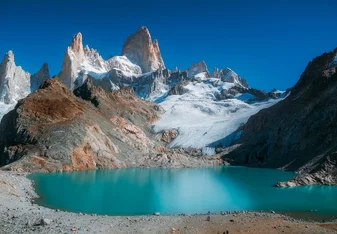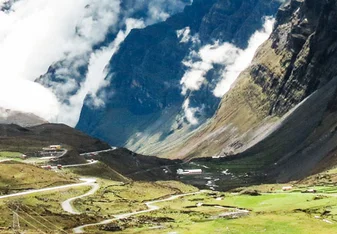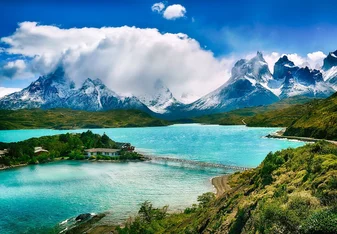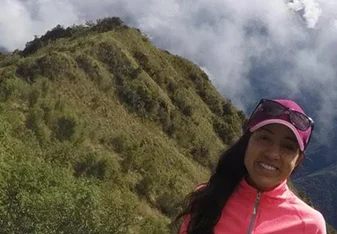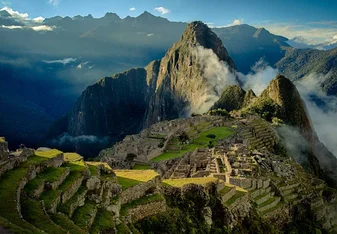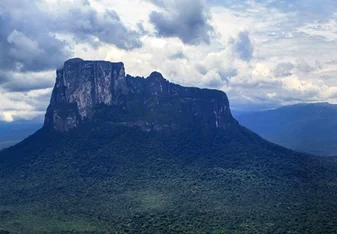Volunteer in Uruguay
Volunteer Programs in Uruguay
About
Uruguay, once a hidden gem on the southeastern coast of South America, has become more popular for tourists and expats looking to experience life abroad. Being one of the most peaceful and safest countries in the Southern hemisphere, it has been deemed the “Switzerland” of South America. From sweeping white sand beaches to quaint colonial towns, Uruguay has much to offer.
There are wide stretches of natural beauty, virtually untouched by the outside world. The Country’s capital city, Montevideo, holds roughly 43% of the population and boasts a rich cultural history, the rest of the population resides in about 30 towns or various sizes. Check out the coastal regions for secluded surf havens and explore the interior river valleys for picturesque cobblestone streets and local cuisines few Westerners have been lucky enough to experience.
Program Types
Community Development:Beyond the inner city of Montevideo with its colonial architecture and bustling charm, lies a community of shanty towns inhabited by Uruguayans poorest populations. There is a strong need for housing development in this area and many others. Volunteers enlisted in housing projects help plan and construct safe, permanent homes, ensure access to fresh water and basic sanitation, improve living conditions, and design new programs of social work.
Youth Support/Education:Interesting in working with children? International volunteer programs partner with local NGOs to give you the opportunity to work with Uruguayan youth. Although education in Uruguay is free and mandated for 14 years, there are still children who fall through the cracks. There are programs working with children with special needs, helping to promote development, physical and social skills. Children in certain programs have the opportunity to compete in the annual Special Olympic Games. Volunteer tasks include teaching English, music, physical education, handcrafts, and sports.
Conservation (Environment/Marine/Wildlife)::Much of the country is covered in rich fluvial plains, dissected by rivers and bordered by the Atlantic Ocean to the East. This allows for high biodiversity. The National System of Protected Areas is home to many unique plant and animal species. There are numerous projects revolving around environmental conservation, studying and protecting species near extinction such as crows and sea turtles. Volunteers can be expected to collect field data, conduct census, research, participate in onsite activities and collaborate with local scientists.
Planning Your Trip
- Volunteer Support: Uruguay is a small country inhabited by tight networks of friendly people. It is becoming a more popular location for short term volunteers and those looking to settle into the Uruguayan lifestyle, so finding fellow expats is not a problem. Being a peaceful country, foreigners have always been welcome. Although dialects vary with Italian and Portuguese influence, English is spoken in most businesses and in the majority of the metropolitan areas. Public transportation is easy to navigate, cheap and reliable. Telecommunication coverage in Uruguay is quite good, unlike most of Latin America.
- NGO/Nonprofit/Volunteer History in Uruguay: The main role of nonprofits in Uruguay are of peaceful nature: environmental and wildlife conservation efforts, community and housing development, and furthering education.
- How Volunteering in Uruguay Will Help Your Future: Uruguay is the perfect mixture of rich history in lively cities and untouched natural beauty across sweeping plains and sandy beaches. Volunteering here gives you the opportunity to not only help those in need but become immersed in a welcoming culture. Learning Spanish is Uruguay is also advantageous because of its Portuguese and Italian influence, becoming fluent here enables easier travel through neighboring Brazil and/or throughout Europe.
- How to Save Money While Volunteering: You should utilize public transit; it's fast and inexpensive. Many programs offer homestays with a host family or cheap accommodations with fellow volunteers. Avoid tourist traps and seek out local hot spots for food and entertainment instead. This will not only save you money but also create a deeper understanding of Uruguayan culture.
- Questions to Ask: Are there paid language exchange programs? What kind of travel and living arrangements will you be responsible for arranging yourself?
Health and Safety of Volunteers in Uruguay:
Uruguay is one of the safest countries in all of Latin America. Violent and petty crimes are rare. Routine vaccinations for preventable diseases are recommended for all international travel, particularly Hepatitis A and B, Typhoid, Tetanus and Rabies. Uruguay is considered a low risk country for disease. Medical and dental work can, however, be very expensive in Uruguay. Make sure you have adequate travelers insurance to cover these costs, should they arise. The climate is mild year round with few exceedingly cold or hot days. Winter month’s average 48°-54° F and summer months average 72°-79° F.
Contributed by Lillie Lamm

















